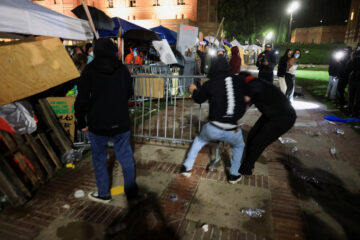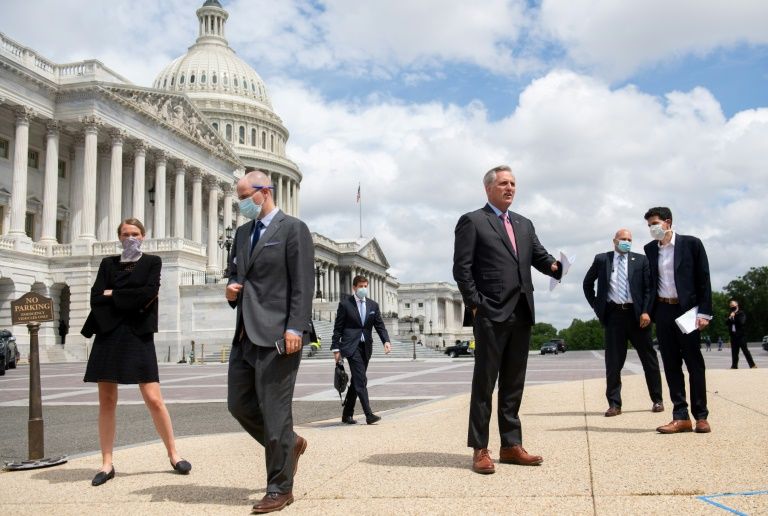Macron orders France back into COVID-19 lockdown

France will go back into a nationwide lockdown starting this week to try to contain the COVID-19 epidemic that is again threatening to spiral out of control, French President Emmanuel Macron said in an address to the nation on Wednesday.
The new measures he announced – which come into force on Friday – will mean people have to stay in their homes except to buy essential goods, seek medical attention, or use their daily one-hour allocation of exercise.
People will still be allowed to go to work if their employer deems it impossible for them to do the job from home, and – in a departure from the previous lockdown in March – most schools will remain open, Macron said in his address.
“The virus is circulating at a speed that not even the most pessimistic forecasts had anticipated,” Macron said. “Like all our neighbours, we are submerged by the sudden acceleration of the virus.”
“We are all in the same position: overrun by a second wave which we know will be harder, more deadly than the first.”
The new measures echo the eight-week lockdown that France enforced in the spring, when hospitalisations and deaths caused by the COVID-19 epidemic reached a peak.
The lockdown was effective at containing the epidemic, but its started spreading again after it was relaxed on May 11, and people started congregating again in classrooms, universities, bars and restaurants.
France on Tuesday reported 523 new deaths from coronavirus over the previous 24 hours, the highest daily toll since April, when the virus was at its most severe. Doctors have warned that intensive care units risk becoming overwhelmed.
France’s death toll, at over 35,000, is the seventh highest in the world, according to Reuters data.
Earlier this month, Macron announced a night-time curfew in Paris and other big cities, but officials this week acknowledged that measure had proved insufficient to bring down infection rates, requiring a more drastic response.
SOURCE: REUTERS
PHOTO: French President Emmanuel Macron on national telavision. REUTERS











